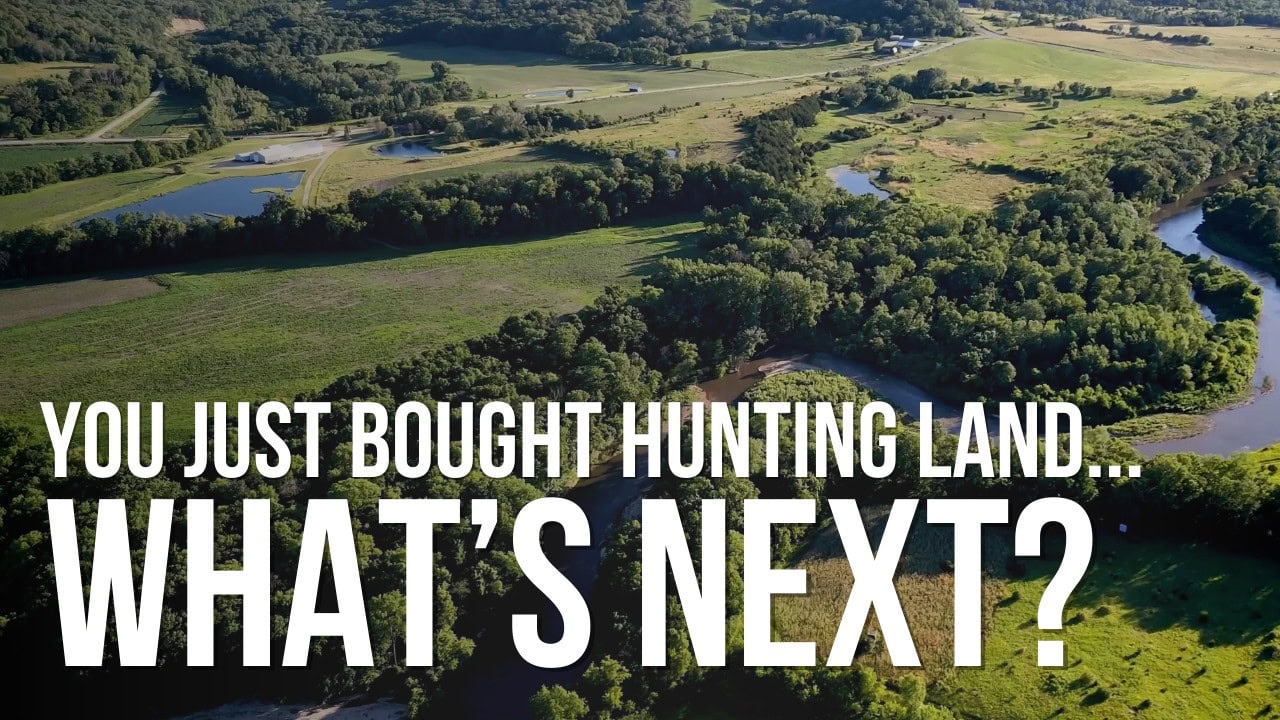Hunting land has become one of the most talked-about investment options for outdoor enthusiasts and smart investors alike. Unlike stocks that can crash overnight or bonds that barely keep up with inflation, hunting land offers something different. You can walk on it, enjoy it with family, and watch it grow in value over time.
We have watched hunting land values climb steadily over the past decade, even during economic downturns when other investments struggled. More people are discovering that recreational land serves dual purposes as both an investment vehicle and a family retreat. Here are nine solid reasons why hunting land deserves a spot in your investment portfolio.
1. Land Values Appreciate Steadily Over Time
Land has been one of the most stable investments throughout history because it simply is not making any more of it. Good hunting land near population centers becomes even more valuable as development pressure increases and public hunting opportunities get crowded.
We have seen recreational properties in prime areas double in value over 10 to 15-year periods. The demand for quality hunting properties continues to rise while the supply stays limited, creating a favorable environment for long-term appreciation.
2. Generate Income While You Own It
Most people think hunting land just sits there and hopefully goes up in value, but there are actually several ways to generate income from recreational property. The key is finding the right balance between making money and maintaining the hunting quality.
- Lease hunting rights to other hunters during seasons you do not use.
- Enroll eligible acres in CRP or other government conservation programs.
- Harvest timber selectively when trees reach maturity.
- Partner with outfitters for guided hunting operations.
3. Diversify Your Investment Portfolio
Hunting land provides portfolio diversification that stocks and bonds cannot match. When markets crash or inflation rises, land typically holds its value better than paper investments. Smart investors understand the importance of owning tangible assets that are not tied to Wall Street performance.
Recreational land also offers protection against currency devaluation and economic uncertainty. You own something real that has intrinsic value regardless of what happens in financial markets.
4. Limited Supply Drives Long-Term Demand
The supply of quality hunting land remains fixed while demand continues to grow. More wealthy individuals from urban areas are seeking recreational properties as escape destinations and investment diversification. This fundamental supply and demand imbalance creates upward pressure on values.
Growing numbers of out-of-state buyers have created strong competition in traditional hunting states like Iowa, Wisconsin, and Minnesota. Many are willing to pay premium prices for quality hunting properties, especially those with proven game populations and good access.
5. Tax Benefits and Advantages
Owning hunting land can provide several tax benefits depending on how you use and manage the property. Land used for timber production, agriculture, or conservation programs often qualifies for favorable tax treatment compared to other investments.
Some areas offer reduced property tax rates for land enrolled in forestry or conservation programs. These tax advantages can significantly improve your overall return on investment while supporting wildlife habitat improvement.
6. You Can Enjoy Your Investment
Unlike stocks that sit in an account or bonds that collect dust, hunting land provides immediate enjoyment for you and your family. You can hunt, fish, camp, and create memories while your investment grows in value over time.
This dual benefit of financial return plus recreational value makes hunting land unique among investment options. You get to use and enjoy your asset while it appreciates, something impossible with traditional financial investments.
7. Improvements Increase Property Value
Strategic improvements to hunting land can substantially increase its value beyond normal market appreciation. Creating food plots, improving access roads, installing water sources, and managing timber all enhance both hunting quality and resale value.
Well-planned habitat improvements often attract higher-quality game, which makes the property more attractive to future buyers. Properties with documented hunting success and professional management typically sell for premium prices.
8. Stable Investment During Market Volatility
Land typically experiences less market volatility compared to stocks and other traditional investments. Its value tends to appreciate steadily over time, making it a reliable choice for those seeking a secure financial future during uncertain economic periods.
When considering any investment, it is crucial to assess the potential return on investment, and hunting land offers both appreciation potential and income generation opportunities that can offset ownership costs.
9. Growing Market for Quality Properties
The market for quality hunting land continues expanding as more people discover the benefits of recreational land ownership. Baby boomers with disposable income, successful professionals seeking tax advantages, and investors looking for portfolio diversification all drive demand higher.
Questions to ask when buying hunting land include evaluating the property’s hunting history, income potential, and long-term development prospects. Properties with multiple income streams and diverse recreational opportunities tend to perform better over time.
Finding the Right Hunting Land Investment
Location matters tremendously when buying hunting land, both for your enjoyment and for investment returns. Different regions offer different advantages depending on what type of hunting you prefer and what your investment goals are.
- Iowa consistently produces trophy whitetail deer and has excellent CRP programs.
- Minnesota provides great mixed-use hunting with strong cabin development potential.
- Wisconsin delivers reliable whitetail hunting with valuable timber resources.
At High Point Land Company, we specialize in recreational land transactions and understand what drives hunting land values. Our team knows how to evaluate properties based on their hunting potential, income-generating capacity, and long-term investment prospects. When you are ready to buy or sell hunting land, having an expert on your side can make the difference between a good deal and a great investment.
Do you want to learn more?
If you just bought a property and don’t know where to start, reach out to a local High Point Land Company agent to start. For more questions regarding land real estate, visit our YouTube Knowledge Center.

